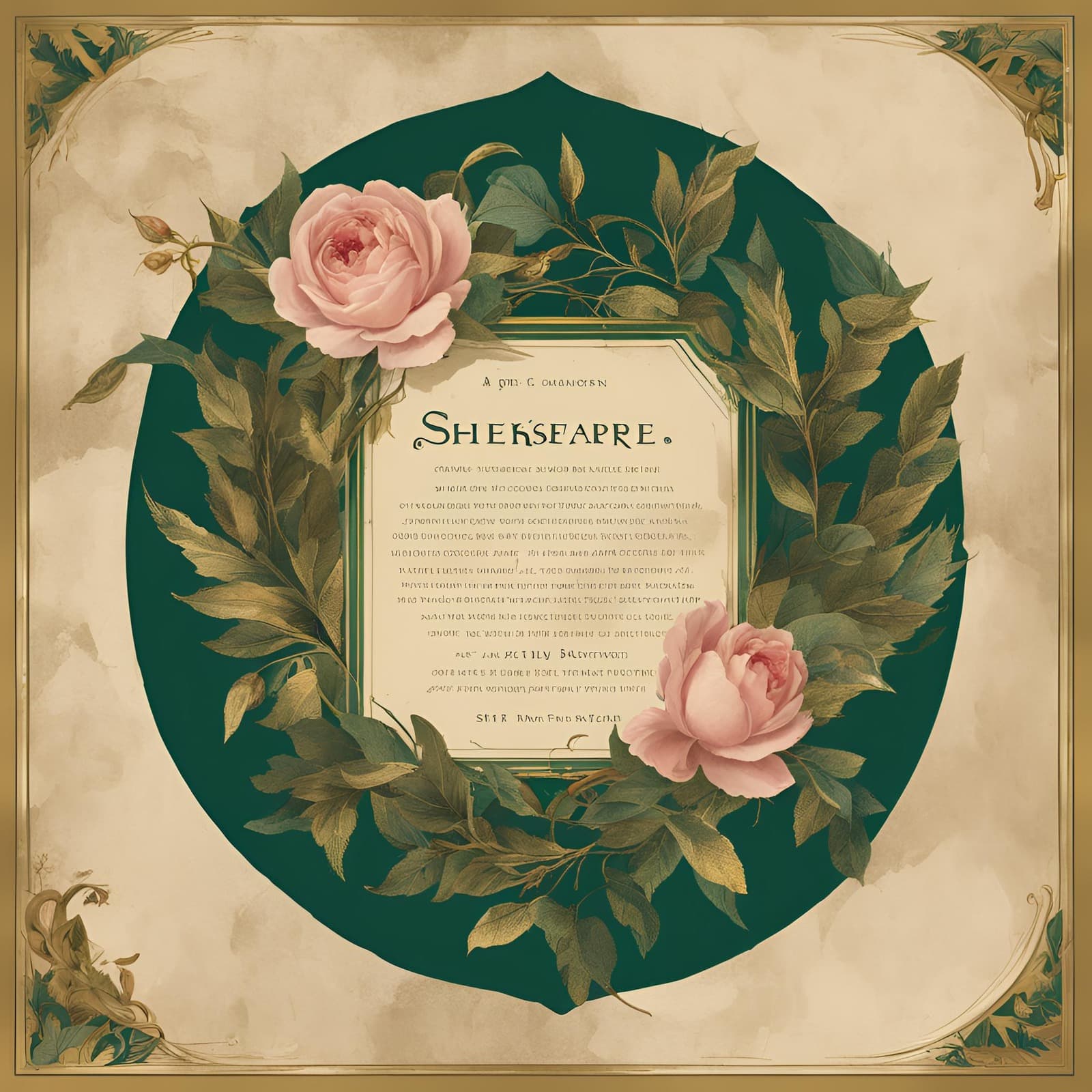莎士比亚十四行诗第60首 | 莎士比亚十四行诗
更新时间:1/19/2025, 12:32:28 PM

原文
Like as the waves make towards the pebbled shore, So do our minutes hasten to their end; Each changing place with that which goes before, In sequent toil all forwards do contend. Nativity, once in the main of light, Crawls to maturity, wherewith being crowned, Crooked eclipses ‘gainst his glory fight, And Time that gave doth now his gift confound. Time doth transfix the flourish set on youth, And delves the parallels in beauty’s brow, Feeds on the rarities of nature’s truth, And nothing stands but for his scythe to mow: And yet to times in hope my verse shall stand, Praising thy worth, despite his cruel hand.
译文
正像海涛向卵石滩头奔涌,
我们的光阴匆匆地奔向灭亡;
后一分钟挤去了前一分种,
接连不断地向前竞争得匆忙。
生命,一朝在光的海洋里诞生,
就慢慢爬上达到极峰的成熟,
不祥的晦食偏偏来和他争胜,
时间就捣毁自己送出的礼物。
时间会刺破青春表面的彩饰,
会在美人的额上掘深沟浅槽;
会吃掉稀世之珍:天生丽质,
什么都逃不过他那横扫的镰刀。
可是,去他的毒手吧!我这诗章
将屹立在未来,永远地把你颂扬。
注释
根据“循环说”,则在时间的奔流中,事物一再来而复去、去而复来地循环不息。也许是这一悲哀的观念使诗人想到海边的浪涛,涌上滩来,又退下滩去,后一涛代替了前一涛。婴儿诞生了,不久就进入成熟时期,立刻不幸开始,从成熟再转入衰朽与死亡。但诗人相信,他的诗能克服时间,能保存爱友的美到未来。——第五至八行:生命从婴儿到老年人的过程——这个命意在第7首中曾出现过。第六行中的“爬”暗示了婴儿的动作。第十一行中的“天生丽质”指稀有的自然美,因为人工美反能逃过时间的“毒手”。